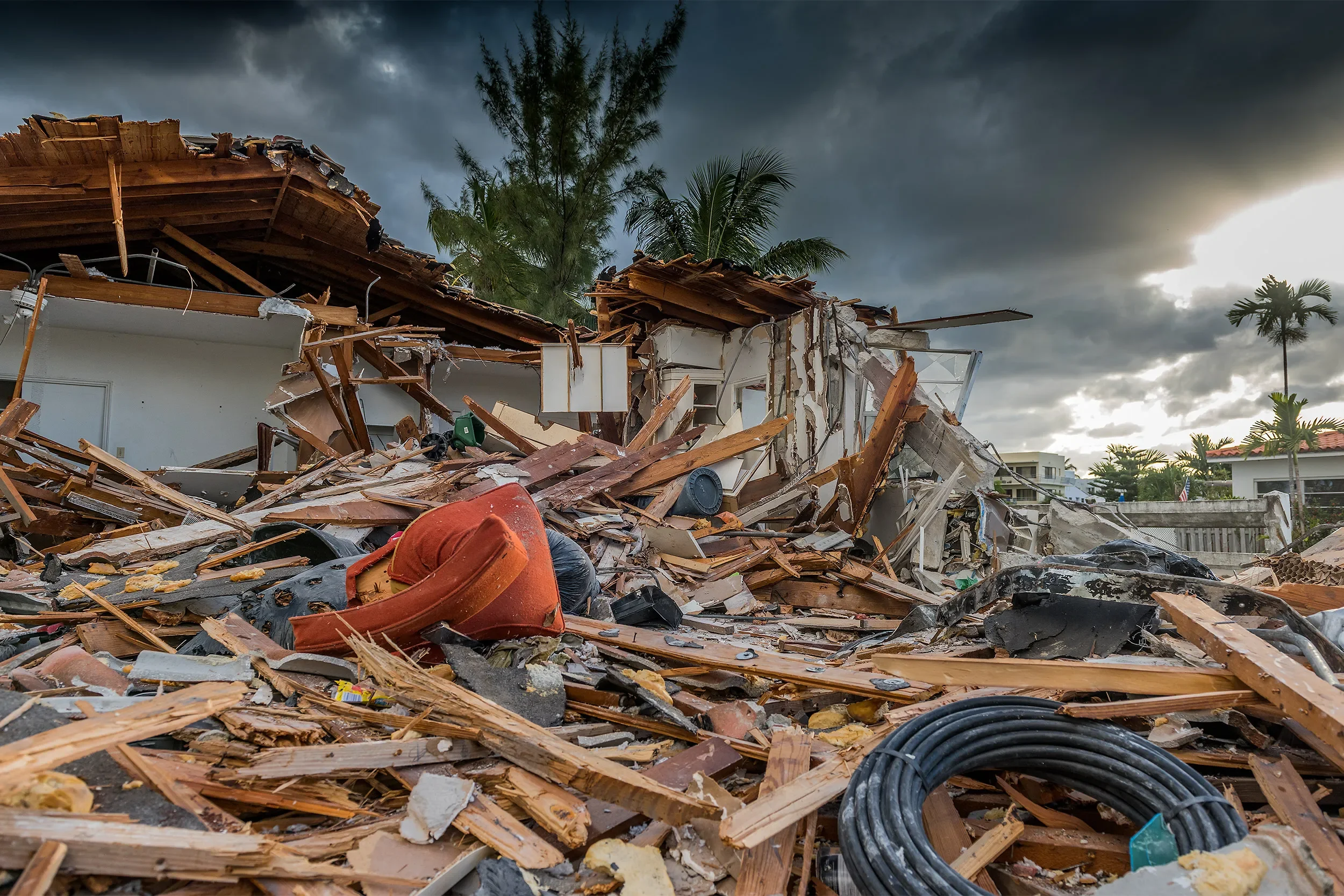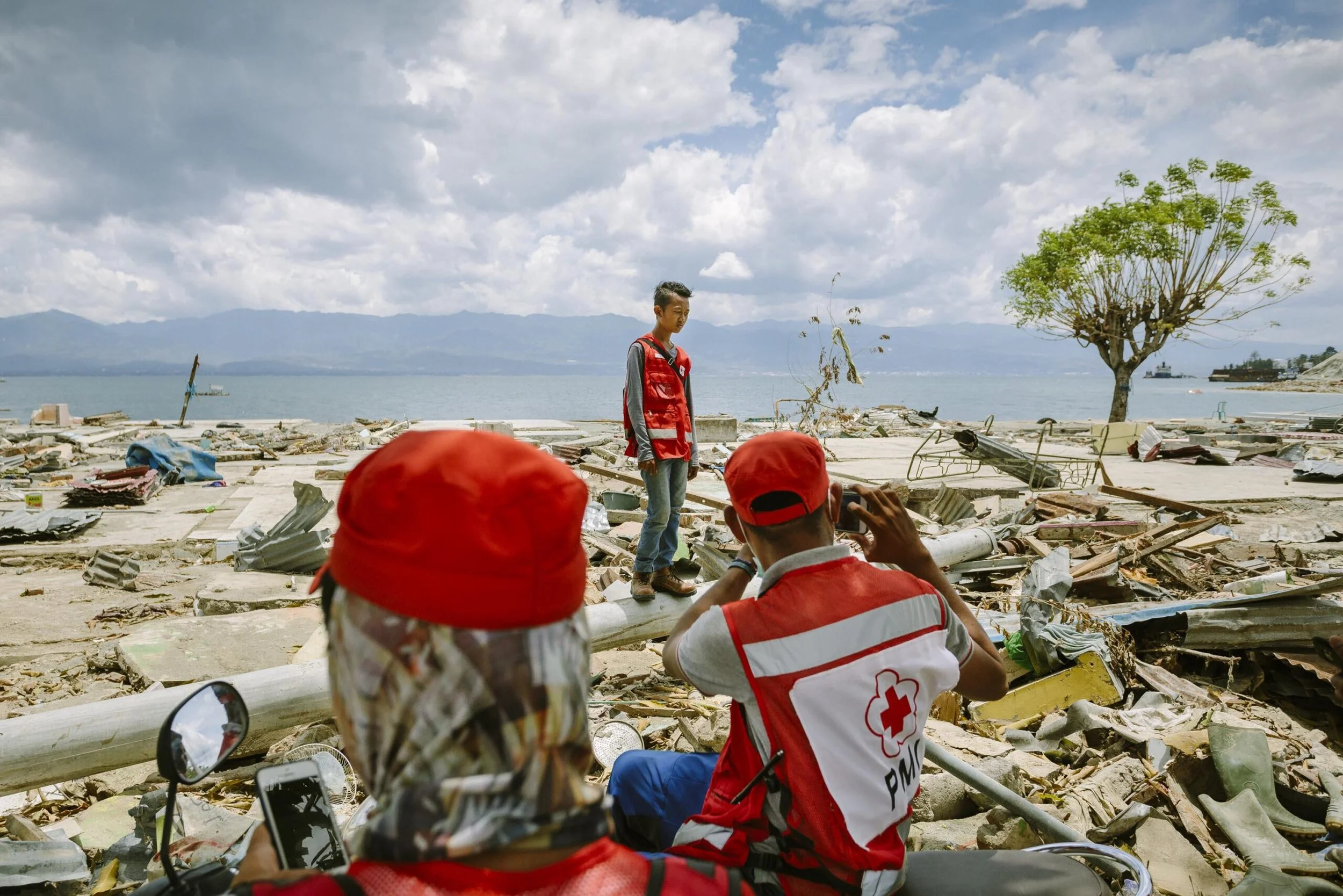
INTERNATIONAL LAW
IN DISASTER RELIEF
About disaster relief
The International Law in Disaster Relief committee explores the legal frameworks that guide global responses to emergencies, an especially relevant topic at the University of Miami, where hurricanes are lived realities. As climate change intensifies storms and drives more frequent and destructive hurricane seasons, nations must confront the legal challenges of delivering rapid aid, coordinating international assistance, and protecting affected populations. Delegates will examine how current international laws, treaties, and soft-law guidelines support, or fail to support, equitable disaster relief in the face of increasingly extreme weather events.
In this committee, delegates will tackle a variety of questions that surface during real hurricane responses. Some examples of what these questions might look like are as follows: what legal obligations do states have when their populations are displaced overnight? How should international aid proceed when a government is overwhelmed or unable to meet its citizens’ needs? What protections must be guaranteed for relief workers, coastal communities, and those living in long-term recovery zones? The goal is that in evaluating these issues through the lens of international law, delegates will develop solutions that balance humanitarian urgency with state sovereignty.
This committee is ideal for delegates who are passionate about crisis management, climate impacts, and all things legal policy. By the end of the conference, participants will gain a deeper understanding of how international law can shape disaster response, especially in hurricane-prone regions like South Florida.
amanda sibello
chair
Ivaan castro
co-chair

